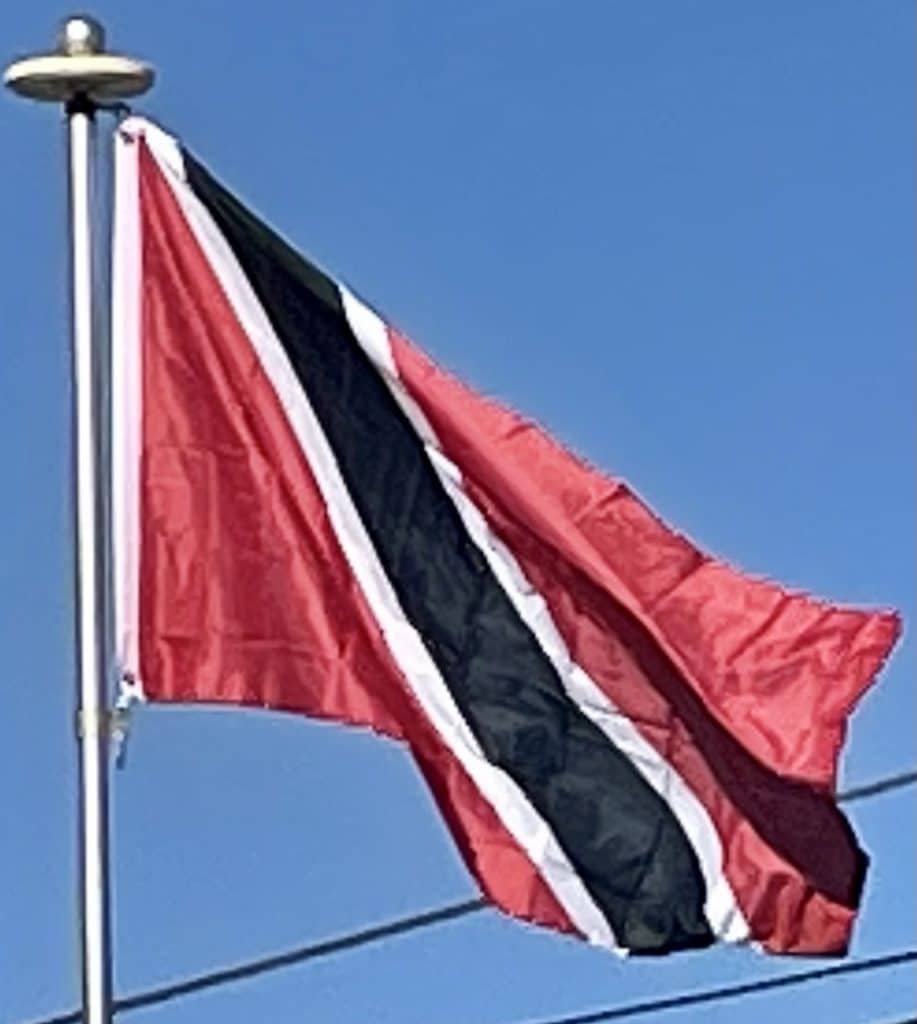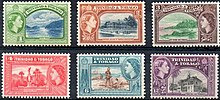In November 1919, the dockworkers went on strike over bad management practices, low wages compared to a higher cost of living. Strikebreakers were brought in to keep a minimum of goods moving through the ports. On 1 December 1919, the striking dockworkers rushed the harbor and chased off the strikebreakers. They then proceeded to march on the government buildings in Port of Spain. Other unions and workers, many with the same grievances, joined the dock worker’s strike making it a General Strike. Violence broke out and was only put down with help from the sailors of British Naval ship HMS Calcutta. The unity brought upon by the strike was the first time of cooperation between the various ethnic groups of the time.
However, in the 1920s, the collapse of the sugarcane industry, concomitant with the failure of the cocoa industry, resulted in widespread depression among the rural and agricultural workers in Trinidad, and encouraged the rise of a labor movement. Conditions on the islands worsened in the 1930s with the onset of the Great Depression, with an outbreak of labor riots occurring in 1937 which resulted in several deaths. The labor movement aimed to unite the urban working class and agricultural labor class; the key figures being Arthur Cipriani, who led the Trinidad Workingmen’s Association (TWA), and Tubal Uriah “Buzz” Butler of the British Empire Citizens’ and Workers’ Home Rule Party. As the movement developed calls for greater autonomy from British colonial rule became widespread; this effort was severely undermined by the British Home Office and by the British-educated Trinidadian elite, many of whom were descended from the plantocracy class.
Petroleum had been discovered in 1857, but became economically significant only in the 1930s and afterwards as a result of the collapse of sugarcane and cocoa, and increasing industrialization. By the 1950s petroleum had become a staple in Trinidad’s export market, and was responsible for a growing middle class among all sections of the Trinidad population. The collapse of Trinidad’s major agricultural commodities, followed by the Depression, and the rise of the oil economy, led to major changes in the country’s social structure.
The presence of American military bases in Chaguaramas and Cumuto in Trinidad during World War II had a profound effect on society. The Americans vastly improved the infrastructure on Trinidad and provided many locals with well-paying jobs; however the social effects of having so many young soldiers stationed on the island, as well as their often unconcealed racial prejudice, caused resentment. The Americans left in 1961.

In the post-war period the British began a process of decolonization across the British Empire. In 1945 universal suffrage was introduced to Trinidad and Tobago. Political parties emerged on the island, however these were largely divided along racial lines: Afro-Trinidadians and Tobagonians primarily supported the People’s National Movement (PNM), formed in 1956 by Eric Williams, with Indo-Trinidadians and Tobagonians mostly supporting the People’s Democratic Party (PDP), formed in 1953 by Bhadase Sagan Maraj, which later merged into the Democratic Labour Party (DLP) in 1957. Britain’s Caribbean colonies formed the West Indies Federation in 1958 as a vehicle for independence, however the Federation dissolved after Jamaica withdrew following a membership referendum in 1961. The government of Trinidad and Tobago subsequently chose to seek independence from the United Kingdom on its own.

